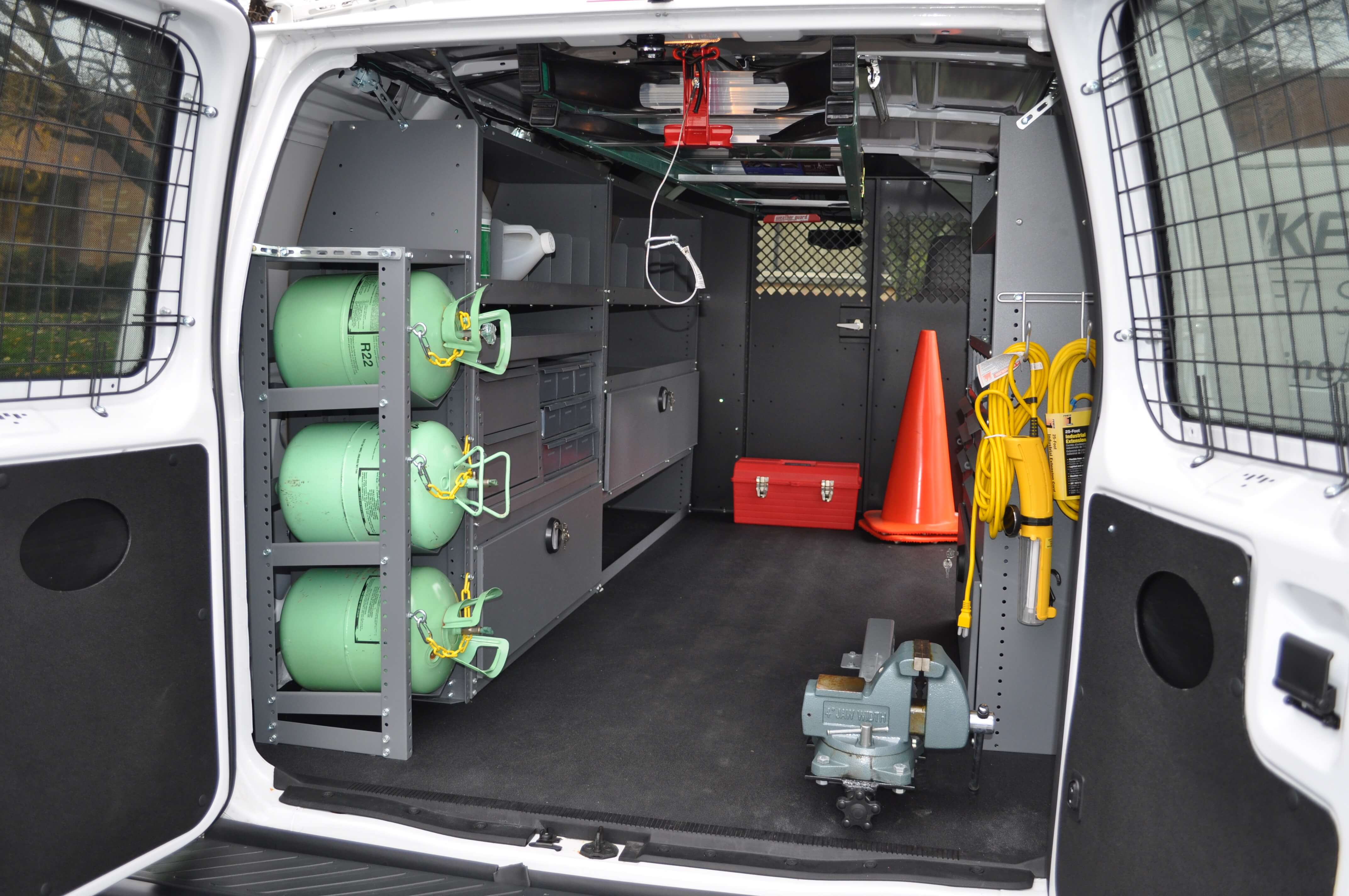Energy-Efficient Heating And Cooling Systems to Reduce Energy Costs
As power expenses remain to increase, the relevance of energy-efficient cooling and heating systems becomes progressively apparent. These systems not just guarantee significant financial savings on energy bills yet likewise add to a much more lasting future by decreasing power intake. With various options readily available, including geothermal heatpump and ductless mini-splits, residential or commercial property proprietors deal with a multitude of choices that can enhance comfort and air top quality. However, recognizing the key functions and maintenance requirements is vital to maximizing these benefits. What aspects should be focused on when choosing the right system for your needs?
Benefits of Energy-Efficient Cooling And Heating Systems
Energy-efficient HVAC systems supply many benefits that prolong beyond mere cost savings. By consuming less energy, these systems add to lower greenhouse gas discharges, assisting to combat climate change and advertise sustainability.
Additionally, energy-efficient heating and cooling systems frequently give improved convenience levels. Most of these systems include sophisticated technology that permits far better temperature level control and improved air quality (DMAKS HVAC). This causes a healthier indoor atmosphere, which is particularly important for individuals with allergies or respiratory issues
Moreover, purchasing energy-efficient cooling and heating systems can enhance property worth. As more consumers focus on power effectiveness, homes and structures equipped with these systems may attract higher quotes in the genuine estate market.
Sorts Of Energy-Efficient A/c Options
How can house owners and companies pick the most suitable energy-efficient heating and cooling alternatives for their requirements? The market uses a variety of energy-efficient heating and cooling systems, each developed to enhance comfort while reducing energy intake.
One option is the variable cooling agent flow (VRF) system, which efficiently regulates the temperature level in numerous zones within a structure. This system adjusts its cooling agent flow to match the preferred temperature, leading to substantial energy cost savings.
One more popular option is geothermal heatpump, which make use of the earth's steady temperature to warm and cool rooms. By transferring heat to and from the ground, these systems show impressive efficiency, particularly in moderate environments.
Furthermore, ductless mini-split systems supply an energy-efficient choice for homes lacking ductwork. These systems enable for zone-specific heating & cooling, lowering energy waste in vacant areas.
Lastly, high-efficiency heating systems and air conditioning system, with innovative SEER and AFUE ratings, use trusted climate control while taking in less power than conventional versions. By examining these choices, house owners and organizations can pick a HVAC system tailored to their specific requirements and power performance objectives.
Trick Attributes to Consider

Next, explore the type of compressor used in the system. DMAKS HVAC. Variable-speed compressors can readjust their result to match the home heating or cooling need, leading to improved comfort and energy cost savings contrasted to single-speed models. Additionally, look for systems equipped with wise thermostats that use programmable setups and remote access, enabling far better control over power intake
An additional vital attribute is the system's air filtration capacity. High-efficiency filters can boost indoor air high quality and lower power usage by ensuring the system runs efficiently. Furthermore, consider the type of refrigerant made use of; contemporary systems typically utilize eco-friendly refrigerants that have a lower ecological impact.
Finally, guarantee that the system works with zoning technology, which permits personalized temperature level control in various locations of your home, enhancing comfort while decreasing power use.
Tips for Selecting the Right System


Following, think about energy performance ratings, particularly the Seasonal Power Efficiency Proportion (SEER) for cooling systems and the Annual Fuel Usage Effectiveness (AFUE) for furnace. Greater scores indicate better effectiveness, which can cause significant financial savings on utility costs with time.
Additionally, assess the kind of HVAC system that best fits your way of life and spending plan. Choices consist of central air, ductless mini-splits, and heatpump, each with Look At This its very own set of benefits and downsides.
Don't neglect the significance of appropriate installation and sizing; an incorrectly sized system can lead to inefficiencies and boosted wear. Lastly, seek advice from an expert cooling and heating contractor to get experienced suggestions tailored to your home's distinct needs. This extensive strategy will certainly guarantee that you pick an see this website energy-efficient a/c system that meets your needs and budget efficiently.
Maintenance for Optimal Efficiency
Once the ideal cooling and heating system remains in place, ongoing maintenance comes to be key to making sure optimum effectiveness and durability. A properly maintained system operates better, causing reduced energy consumption and lowered energy expenses. Regular inspections and tune-ups need to be arranged at the very least twice a year-- as soon as prior to the cooling season and when prior to the heating period.

House owners should also be cautious regarding checking their HVAC system's site web performance. Unusual sounds, varying temperatures, or increased power costs can indicate underlying problems that call for immediate focus. By attending to these concerns promptly, homeowners can avoid costly repairs and expand the life expectancy of their systems.
Investing in a maintenance plan with a qualified service technician not only enhances performance but additionally supplies tranquility of mind, recognizing that the system is operating at its ideal. DMAKS HVAC. Routine upkeep is for that reason necessary for sustaining energy performance and minimizing overall functional expenses
Conclusion
In verdict, energy-efficient a/c systems present a practical solution for minimizing utility costs while improving convenience and air quality. By including sophisticated technologies and alternatives such as geothermal heatpump and ductless mini-splits, homeowner can accomplish considerable power financial savings and contribute to ecological sustainability. Careful factor to consider of system attributes and recurring maintenance better makes sure optimum performance, making energy-efficient systems a sensible financial investment for both economic and eco-friendly benefits.